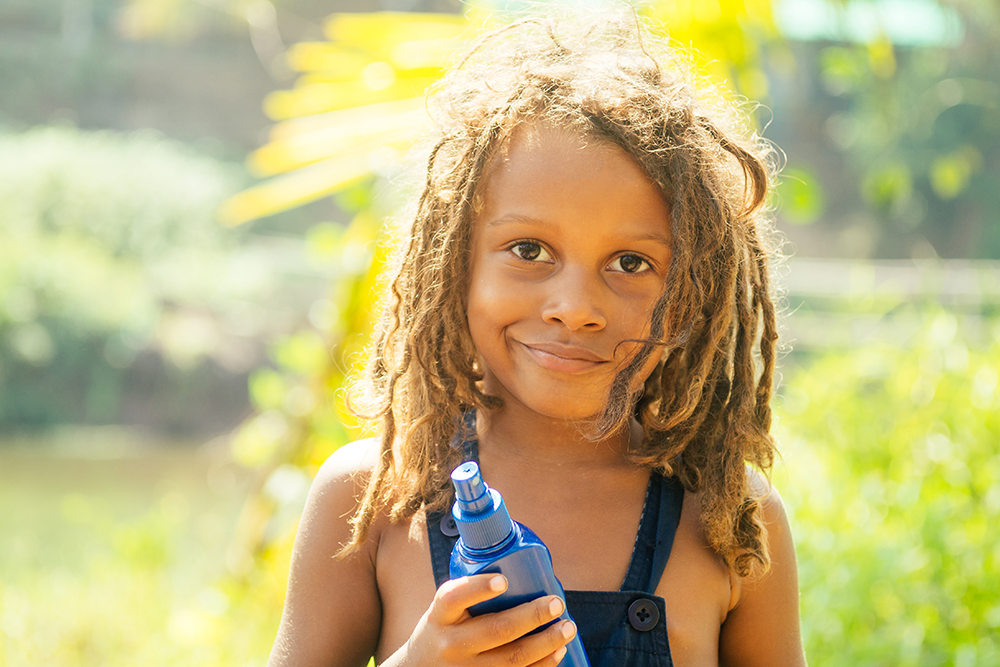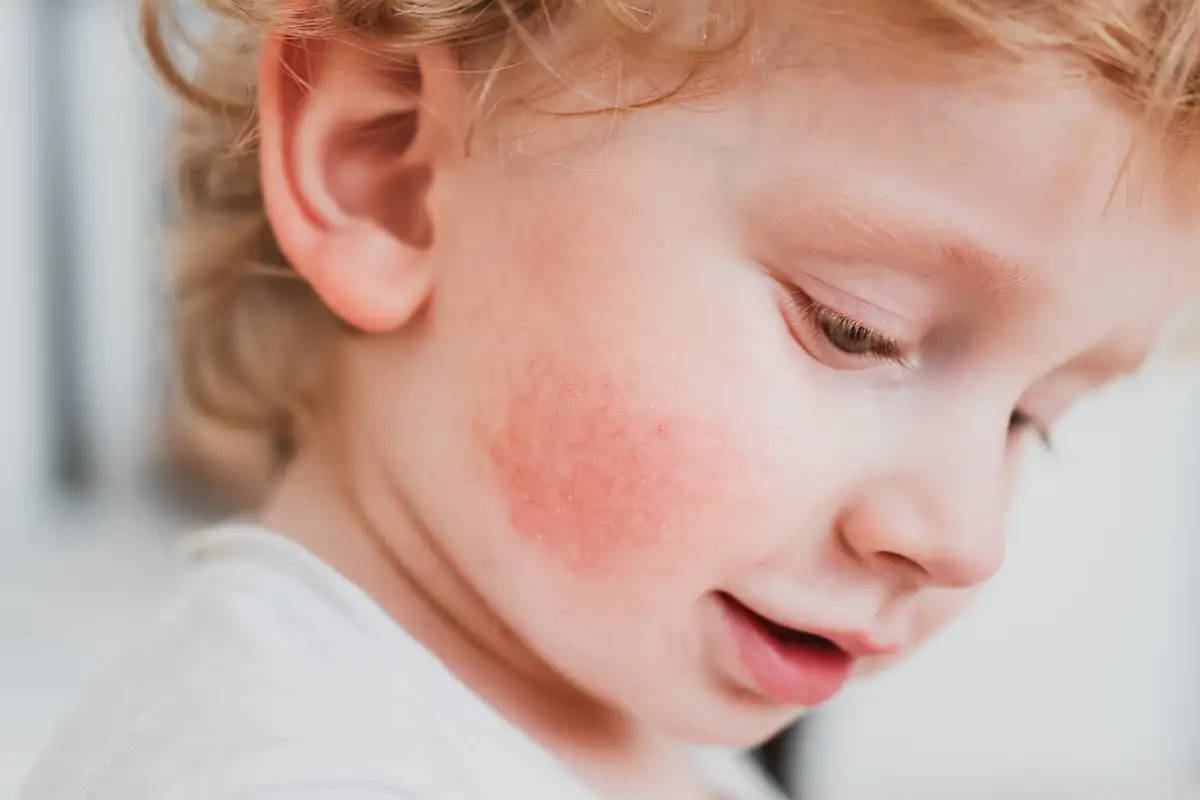
To quote a well know song lyric – SCHOOL’S OUT FOR SUMMER (thank you Alice Cooper for this perennial ode to the end of the school year). Look out parents, school is coming to a close, and summer is just around the corner. Being mindful of the changes in routine and the potential change the end of the school year can have on your child’s mood and behavior is crucial for a healthy summer break.
Generally seen as a fun and relaxed time of year for kids, summer break brings warmer weather and less academic responsibilities. While time away from school is a joyful experience for many, it can be distressing for others, particularly those children who rely on structure and organization. Not all children are able to organize “play dates” with their school friends over the summer due to lack of transportation or availability of cell phones and consequently may start to experience loneliness and isolation at home. Sleep routines often become disrupted with kids staying up later and sleeping into the day more often. Sleep disruptions can and do impact a child’s mental health. Children are susceptible to boredom, lack of productivity, and may experience symptoms of depression. Schools provide many children with a sense of purpose and losing this connection to others can be distressing.
Many children benefit from the support schools provide in assisting them in their emotional and behavioral health. Coaches, teachers, counselors, and other support staff often provide the needed contact points in a child’s school day. Over the summer months, children generally won’t receive the same check or behavior monitoring they are afforded during the school year. Hence, warning signs that children are experiencing mental health challenges may go unnoticed.
I’d like to share some tips caregivers can think about to forego distress while at the same time optimizing summertime fun.
- Create and maintain a routine. While summer is a great time to relax and be carefree, it’s helpful to build some sort of routine your child can expect and get used to. Together with your child, try developing a summertime routine to include physical activity, learning opportunities and downtime. Doing so can bring about much needed structure and predictability. Having your child know what to expect during the days and weeks of the summer months can aid in managing moods and behaviors. Be aware of too much screen time. Limit the amount of time your child views and/or plays video games and be prepared to have conversations over which screen site is appropriate for their age and developmental level.
- Explore a new hobby or introduce new activities into your child’s summer days. Since many children may not feel connected to specific tasks which occur during the school year and subsequently may lack a feeling of purpose, try encouraging new interests or help them discover new activities they can pursue. Building new skills always helps a child’s sense of achievement which bolsters their mental health.
- Keep kids active and involved if and when possible. “When your body moves – your mental health improves” I use this mantra regularly with the children I counsel. Exercise is a sure-fire way to bolster moods which translates into improved behavior as a heightened sense of accomplishment generally follows physical movement. Exercise of any kind has been shown to be an effective protective factor against depression and anxiety. Exercise improves self-esteem and builds confidence. Try to find ways to enjoy physical movement together with your child whether it be a short walk in the evening or supporting them in an organized physical activity of some kind.
- Be aware of changes to your child’s mental health. While sleeping in more is a common past time of summer, sleeping too much can be an indicator of something else. If your child appears to be having difficulties adjusting to their summertime experience or seems more easily frustrated, moody or begins to stop doing the things they once enjoyed, it might be time to check in with a local behavioral health provider or your child’s primary care provider. You can never go wrong by simply asking your child if they feel angry, sad, lonely, or otherwise upset. By giving them the green light to share their feelings with you can often be the best medicine and can often thwart a larger behavioral health problem.
- Enjoy family fun time. Summertime is an excellent time to create new memories which your child can carry into the new school year. New experiences grow our brains and allow for deeper connections to the world around us. Plan outings with your child. Outings can be anything, big or small, that might interest your child. Attend a movie together, find a nice trail to explore together, read a book to each other, or just enjoy the lazy days of summer doing nothing but being with each other. No matter the activity, just remember quality time spent with your child improves the parent-child relationship and allows for greater social-emotional growth.
- Social connections matter. Depending on the age of your child, help him/her maintain contact with their favorite school friends. Remember, social isolation can result in sadness and further social withdrawal. Find out who your child’s friends are before the end of the school year and make efforts to schedule summertime activities.
Enjoy the summer being mindful to your child’s mental health and remember…
Summertime fun will quicky give way to the new school year. Being aware of your child’s moods and behaviors now will translate into a productive return to school. Rock on Alice Cooper!
– Dave Miner, LPC is a Health West behavioral health provider who works with elementary students through School District 25.








